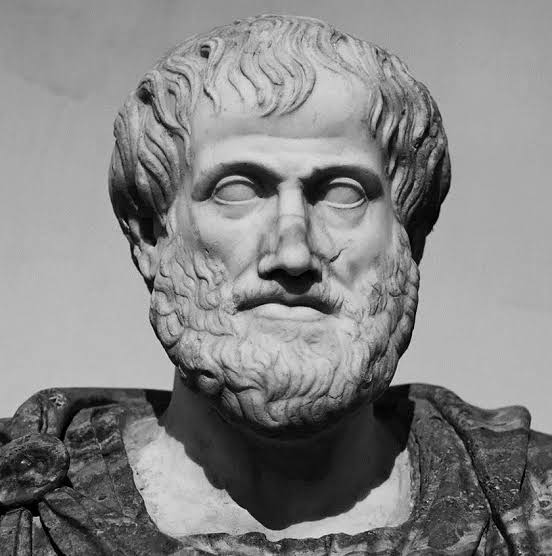
TGIF: The Worst Are Already on Top
After Homeland Security Secretary Kristi Noem made a fool of herself by defining habeas corpus as "a constitutional right that the president has to be able to remove people from this country," Justin Amash, the libertarian former congressman, posted an apt quotation on X: Since it is the supreme leader who alone determines the ends, his instruments [staff] must have no moral convictions of their own. They must, above all, be unreservedly committed to the person of the leader; but next to this the most important thing is that they should be completely unprincipled and literally capable of...

TGIF: Maestro Trump and Drug Prices
When encountering a public problem, people tend to fall into one of two camps: one camp, the larger one, says, "There oughta be a law." The other one asks, "How has the government created or aggravated the situation?" We know which camp Maestro Trump belongs to. Take prescription-drug prices. Because Americans pay higher prices on average for prescription drugs under patent (but not for generics) than people in other countries pay, Trump, who used to call price controls "socialist," has ordered the drug companies "to offer American consumers the most-favored-[developed-]nation lowest price."...

TGIF: Individuals, Not America, First
Let's hear no more about America First! It's a fraud, a cover for collectivist nationalism, and a distraction from what matters. (It also looks like camouflage for Trump Family First, but let's take it at face value for now.) On foreign policy, America First does not exclusively describe the supposed noninterventionist side of the public debate. The openly interventionist side supports meddling because, in its view, that's in "America's interest." That view is wrong and needs to be refuted, as it has been often. But that does not mean the interventionists don't believe it. Doubt their...

TGIF: On the Importance of Undesigned Order
Carl Menger, the founder of the Austrian approach to economics, was not the first or last thinker to see similarities between a society and a living organism, suggesting the existence of undesigned, spontaneous order. The names Adam Ferguson and Adam Smith, before Menger, and Herbert Spencer and F. A. Hayek, after Menger, come to mind. Ferguson wrote in An Essay on the History of Civil Society (1767), "Every step and every movement of the multitude, even in what are termed enlightened ages, are made with equal blindness to the future; and nations stumble upon establishments, which are indeed...

TGIF: On Value and Freedom
To live is to act. To act is to choose. To choose is to prefer. To prefer is to pursue values—that is, to value. That's logic-guided observation. Ego sum, ergo aestimo: I am, therefore I value. (HT: Aristotle, Ayn Rand, and Ludwig von Mises.) Next: to think is to act. "[T]hinking itself [is] an action," Ludwig von Mises wrote in Human Action, "proceeding step by step from the less satisfactory state of insufficient cognizance to the more satisfactory state of better insight." Shortcut: to think is to value. (James Ellias of Inductica calls this the "value axiom.") Like it or not, we're...
Paine on War
"It may with reason be said, that in the manner the English nation is represented, it signifies not where this right resides, whether in the Crown, or in the Parliament. War is the common harvest of all those who participate in the division and expenditure of public money, in all countries. It is the art of conquering at home: the object of it is an increase of revenue; and as revenue cannot be increased without taxes, a pretence must be made for expenditures. In reviewing the history of the English government, its wars and its taxes, a by-stander, not blinded by prejudice, nor warped by...

TGIF: More on Menger and Value
Consumer goods are also called finished goods. The products we buy at the supermarket and other retail stores have, in less finished form, passed through many stages (including distribution), reaching back to the original factors of production: land and labor. Land includes anything nature-given and not produced. We think of those things as natural resources, but as Julian Simon taught us, it takes human ingenuity to convert nature-given stuff, which may have no apparent value for human well-being, into a resource that makes our lives better. (See Simon's invaluable The Ultimate Resource 2.)...









